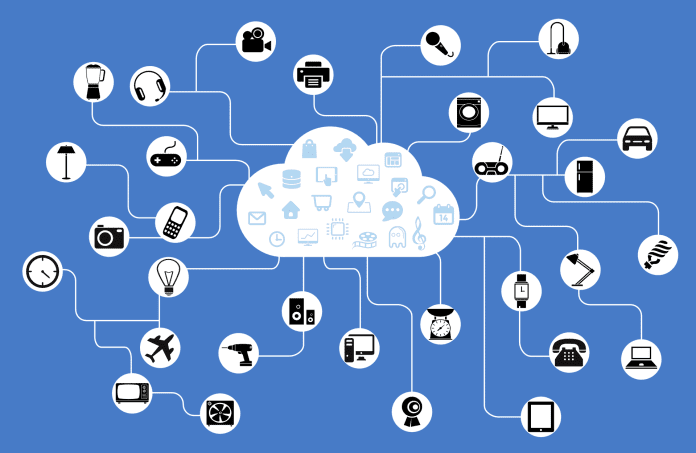The U.S. carrier launched a nationwide NB-IoT network in July 2018
Swiss firm u‑blox says that T‑Mobile US has certified its LTE Cat NB1 SARA‑N410 module to run on the carrier’s narrowband internet of things network.
U-blox said its module, which supports ultra-low power consumption, can be used for IoT applications including gas, water and electricity metering, and smart city street lighting, parking sensors and waste management, smart buildings with building automation, HVAC and access control, as well as industrial monitoring and control.
The company highlighted that critical firmware updates can be delivered securely with u‑blox proprietary uFOTA (firmware-over-the-air) client/server solution that uses LWM2M, a compact protocol for IoT applications. This enables customers to maintain the hardware over the full lifetime of the product with future enhancements to new features and functionalities, especially in the case of applications running on devices deployed over long periods of time, u-blox said.
SARA‑N410 also provides easy migration between u‑blox 2G, 3G and 4G modules, the European company added.
Additionally, 3GPP’s Coverage Enhancement feature permits the module’s connectivity to reach deeper into buildings and even underground when compared to other air interface technologies such as GSM or Cat 1, u-blox said.
“The u‑blox SARA‑N410 is now certified for T‑Mobile’s new NB‑IoT network and thereby enhances u‑blox’s position as a leader in narrowband IoT, a globally recognized standard with extended coverage and low power consumption,” said Patty Felts, principal product manager for product center cellular at u‑blox.
In July, T-Mobile US launched its nationwide NB-IoT network that operates in guard bands. The telco said that its service is the first NB-IoT network in the U.S. and the first one in the world that leverages guard bands, which are narrow slices of unused spectrum meant to separate frequency ranges and prevent interference.
T-Mobile US was the first domestic carrier to launch an NB-IoT network; other carriers have pursued LTE Cat 1 or Cat M1 networks as their strategy for low-cost IoT connectivity. T-Mobile US worked with Ericsson, Nokia and Qualcomm Technologies to deploy nationwide NB-IoT. The operator had conducted NB-IoT tests in Las Vegas last year, seeking to support smart city projects.
Verizon has said that it plans to launch an NB-IoT network by the end of this year. The operator already offers LTE-M services. In June, AT&T had said that it plans to launch an NB-IoT network in the U.S. in early 2019 and Mexico in late 2019, to complement its existing LTE-M networks in those countries.

